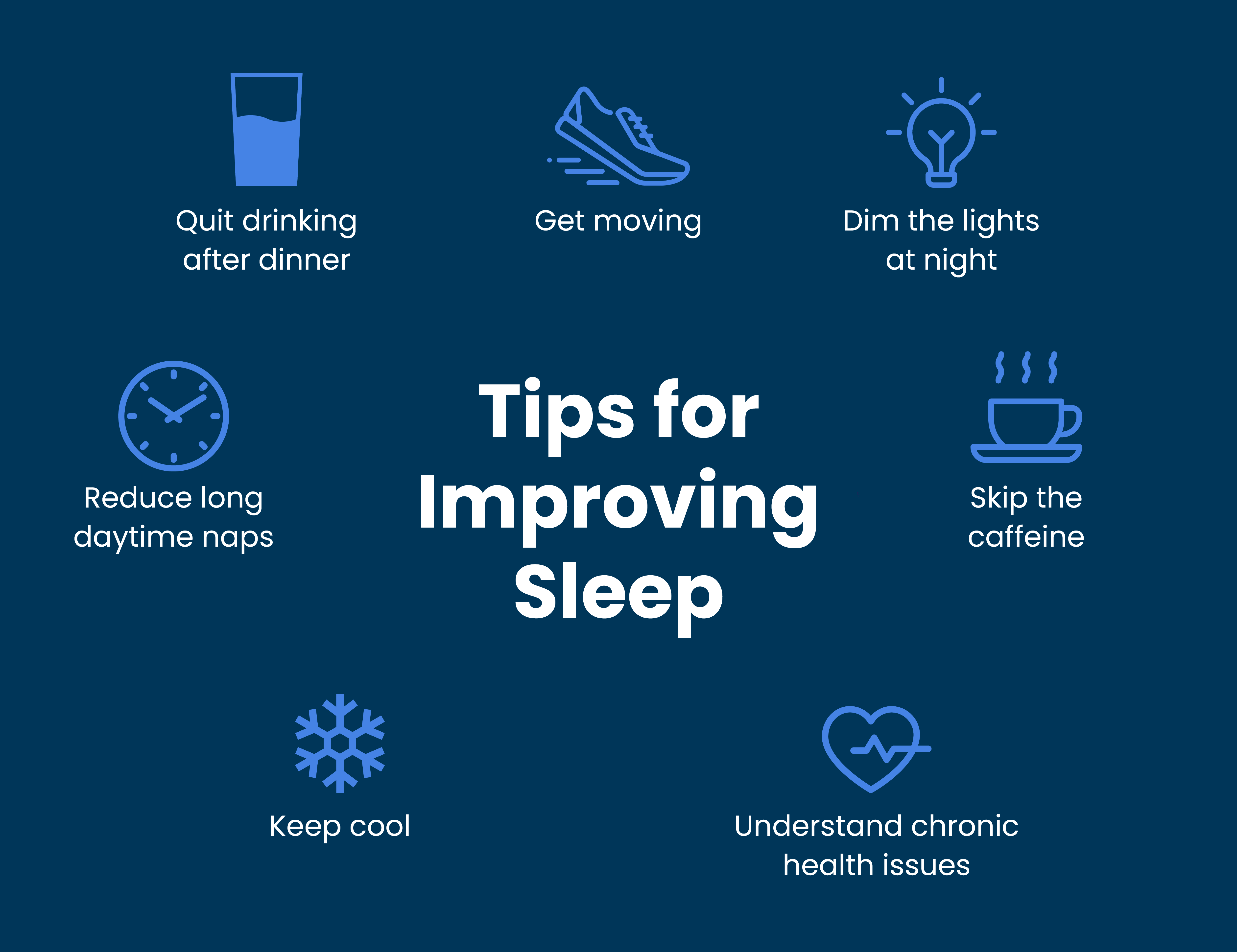In the fast-paced world we live in, achieving a good night's sleep can seem elusive. However, at [https://www.takaincomeblog.com], we understand the importance of quality sleep in maintaining overall well-being. In this comprehensive guide, we delve into strategies to improve sleep quality and provide actionable tips that go beyond the conventional wisdom.

The Science Behind Sleep
Quality sleep starts with understanding the intricacies of the sleep cycle. There are four stages of sleep, each playing a crucial role in restoration and rejuvenation. From the initial light sleep to the deep restorative phases, a complete sleep cycle is essential for waking up feeling refreshed.
The Bedroom Sanctuary
Your sleep environment significantly impacts the quality of your rest. At [https://www.takaincomeblog.com], we recommend transforming your bedroom into a haven for relaxation. Invest in a comfortable mattress that supports your body, and opt for soft, breathable bedding to enhance comfort.
Controlling Light and Noise
Minimizing disturbances is key to quality sleep. Consider using blackout curtains to eliminate external light and invest in white noise machines or earplugs to mitigate disruptive sounds. Creating a serene atmosphere promotes uninterrupted sleep.
The Power of Routine
Our bodies thrive on routine, and establishing a consistent sleep schedule is paramount. Aim for 7-9 hours of sleep each night, and try to go to bed and wake up at the same time every day, even on weekends. This helps regulate your body's internal clock.
Sleep-Tracking Apps
In the digital age, technology can be a valuable ally in optimizing sleep. Consider using sleep-tracking apps that monitor your sleep patterns and provide insights into your nightly habits. These apps can offer personalized recommendations for improvement.
Blue Light Filters
Electronic devices emit blue light that can interfere with the body's production of melatonin, a hormone crucial for sleep. Implement blue light filters on your devices or avoid screens at least an hour before bedtime to promote better sleep quality.
Relaxation Techniques
Incorporating mindfulness and relaxation techniques into your pre-sleep routine can signal to your body that it's time to unwind. Practices such as deep breathing, meditation, or gentle yoga can be instrumental in preparing your mind for rest.
Herbal Remedies
Explore the benefits of herbal remedies known for their sleep-inducing properties. Chamomile tea, valerian root supplements, or lavender aromatherapy can be effective in promoting relaxation and improving sleep quality.
Sleep-Enhancing Foods: The Role of Nutrition in Sleep
Your diet plays a crucial role in sleep quality. Incorporate foods rich in tryptophan such as turkey, nuts, and seeds into your evening meals. Additionally, avoid heavy or spicy foods close to bedtime to prevent discomfort that may disrupt sleep.
1. Sleep Hygiene Mastery
While basic sleep hygiene is essential, advanced practitioners understand the nuances. Invest in high-quality sleep accessories like ergonomic pillows and temperature-regulating bedding. This attention to detail enhances the overall sleep experience, making it more conducive to restfulness.
2. Biometric Sleep Monitors
For those serious about optimizing sleep, consider biometric sleep monitors. These devices track not only your sleep duration but also monitor heart rate variability and body movements. This data provides a more profound understanding of your sleep patterns, enabling targeted adjustments for improvement.
Cutting-Edge Sleep Aids
1. Smart Mattresses
The technological revolution extends to mattresses with the advent of smart mattresses. These innovative sleep surfaces adjust firmness and support based on your body's needs. Some models even feature built-in sleep tracking technology, seamlessly integrating data into your quest for better sleep.
2. Aromatherapy Diffusers with Sleep-Enhancing Scents
Harness the power of aromatherapy to elevate your sleep sanctuary. Invest in an aromatherapy diffuser with essential oils like lavender, chamomile, or jasmine. These scents have calming properties, promoting relaxation and enhancing the overall sleep environment.
Navigating Sleep Disorders
1. Professional Sleep Assessment
If persistent sleep issues plague you, consider a professional sleep assessment. Consult with a sleep specialist to identify any underlying sleep disorders. Conditions like sleep apnea or insomnia may require targeted interventions for a comprehensive improvement in sleep quality.
2. Cognitive Behavioral Therapy for Insomnia (CBT-I)
For those facing chronic insomnia, CBT-I is a scientifically proven approach. This therapeutic technique addresses the psychological aspects of insomnia, helping individuals reframe thoughts and behaviors that contribute to sleep difficulties.
Beyond the Bedroom
1. Daytime Rituals
Optimizing sleep quality extends beyond nighttime practices. Establish daytime rituals that promote relaxation and stress reduction. Incorporate activities like mindfulness meditation, short walks, or brief breaks to create a balanced and serene daily routine.
2. Physical Activity Timing
Engaging in regular physical activity is beneficial for sleep, but timing matters. Aim for moderate exercise earlier in the day, as strenuous workouts close to bedtime may have the opposite effect. Understanding the relationship between exercise and sleep is key to maximizing its positive impact.
Conclusion
At [https://www.takaincomeblog.com], we believe that achieving optimal sleep quality is a holistic endeavor. By implementing the strategies outlined in this guide, you can create a sleep routine that aligns with your body's natural rhythms, fostering a deeper and more restorative slumber.
Post a Comment